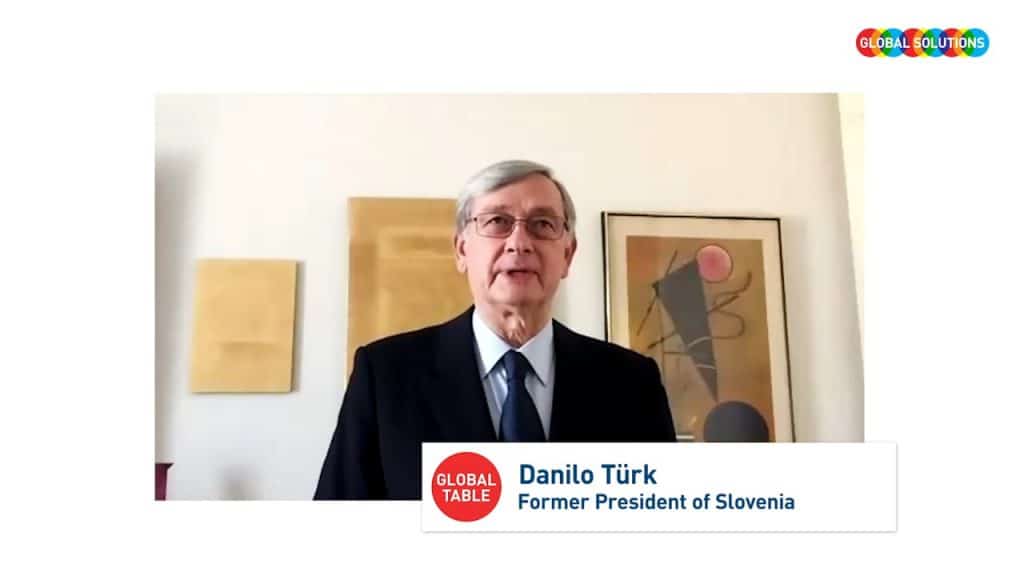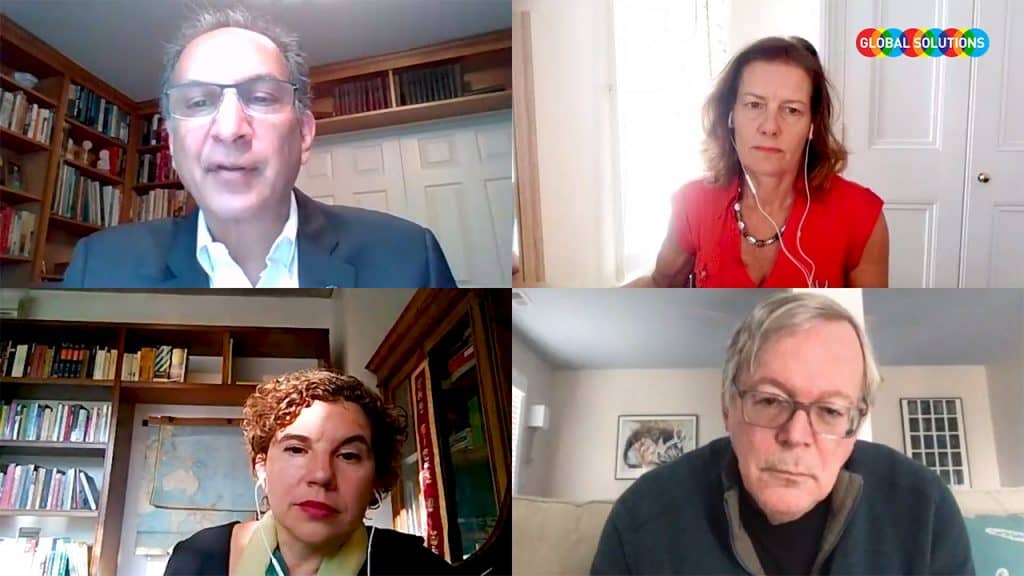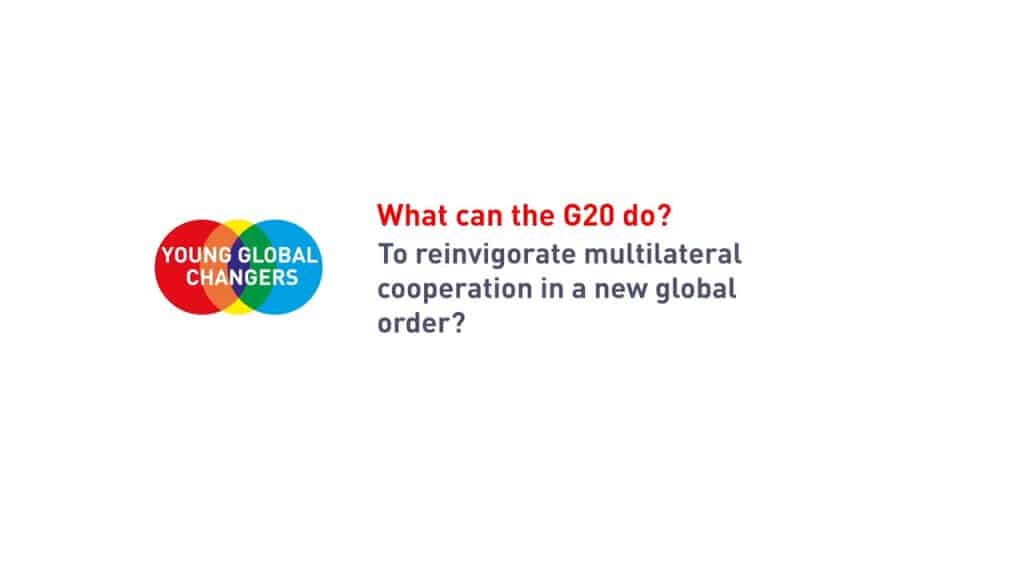Multilateralism and Global Governance
Multilateralism
Over the last 75 years, multilateralism has been a strong driver and pillar of global peace and prosperity. At the same time, and especially more recently, globalization and current forms of global governance have been viewed as infringing on national sovereignty and constraining democratic decision-making. With populism, protectionism and nationalism on the march, a growing number of governments lack the commitment, or the domestic backing, required to forge stronger multilateral ties. The narrative of multilateralism as a means to enhance the well-being of all nations and people has been overtaken by a narrative of disempowerment over national social prosperity and experimentation with new public policy choices. Unfortunately, while politicians debate the merits of global cooperation, the window of opportunity to address inherently globalized problems such as pandemics and climate change is closing.
A new rules-based multilateral order fit for the 21st century ought to accommodate legitimate institutional diversity and demands for policy autonomy, while ensuring adherence to universal values, prevention of beggar-thy-neighbor policies, provision of global public goods, and management of the global commons. All too often treated as an end in itself, multilateralism must be reimagined as a means to empowering citizens and enhancing social prosperity. What are the major normative gaps today related to the global governance system and its role? Should countries be granted more policy space by reducing the scope of multilateral action? If so, what essential traffic rules or general principles are needed to ensure a minimum level of cooperation and coordination? Given the desirability of subsidiarity, what is the role of subnational actors and plurilateral clubs in this framework? Should non-state actors (including civil society and corporations) be mobilized in order to advance global normative change and catalyze collective action? Which existing institutions have the necessary legitimacy to redefine the rules of multilateral engagement? Can the G20 play a leadership role to advance a reform of the international institutional system?









